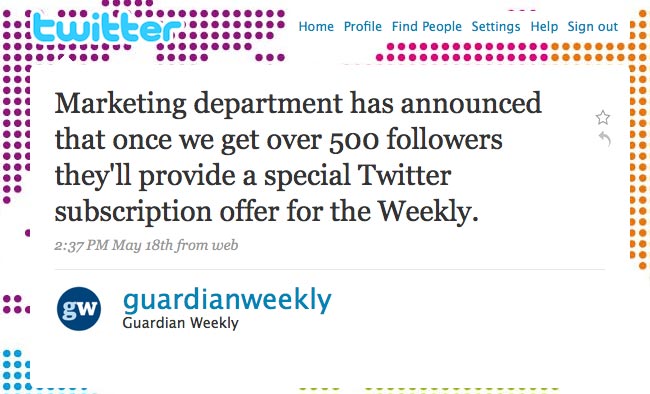The BBC’s executive directors’ pay rose by £708,000 in 2007/8 with pay for the 10 directors totalling £4,960,000, according to figures from the corporation’s annual report.
Jana Bennett, director of BBC Vision, received a bonus of £41,000, while outgoing director of Future Media & Technology Ashley Highfield received £34,000. Director general Mark Thompson rejected the offer of an annual bonus.
Both the National Union of Journalists (NUJ) and BECTU have challenged the rises in light of 2,500 proposed job cuts at the corporation announced in October.
“Management should have the decency to show restraint at a time when so many BBC staff are under huge pressures following major cutbacks. This announcement will only serve to disillusion staff further,” Paul McLaughlin, NUJ broadcasting organiser, said in a statement from the union.
Michael Lyons, chairman of the BBC Trust, reiterated the need to improve the management structure of bbc.co.uk before approving further investment. In May the site’s management was blamed for losing ‘effective control’ after a £36 million overspend.
More figures from the report:
- average monthly page impressions for bbc.co.uk are more than 3.6 billion, while weekly unique users average more than 33 million;
- BBC Mobile is the ‘most accessed’ mobile browser for news, sport and weather in the UK;
- levels of audience trust in the BBC have remained steady year-on-year with 75 per cent of viewers rating BBC news programming as ‘fair, informed and balanced
BBC Worldwide
Analysis of BBC Worldwide (part of the annual report and separate reviews released) emphasised the importance of online in growing its global audience. The service’s online audience rose 34 per cent year-on-year. However, the review highlighted the failure of Spanish-language site BBC Mundo to meet the demands of increased internet access.
The launch of BBC Arabic came in for particular praise in the review, creating ‘trimedia’ BBC coverage in Arabic:
“With the launch of BBC Arabic television, our multimedia strategy took a giant step forward. That moment in March 2008 marked the successful culmination of a four-year journey to secure funding and deliver a high-quality television service in a vital region of the world.”
Online revenues accounted for 2.7 per cent of total sales for BBC Worldwide in 2007/8 – rising from 1.1 per cent previously, the report said. The creation of bbc.com and syndication deals with YouTube and iTunes were cited as key revenue drivers for the service.

